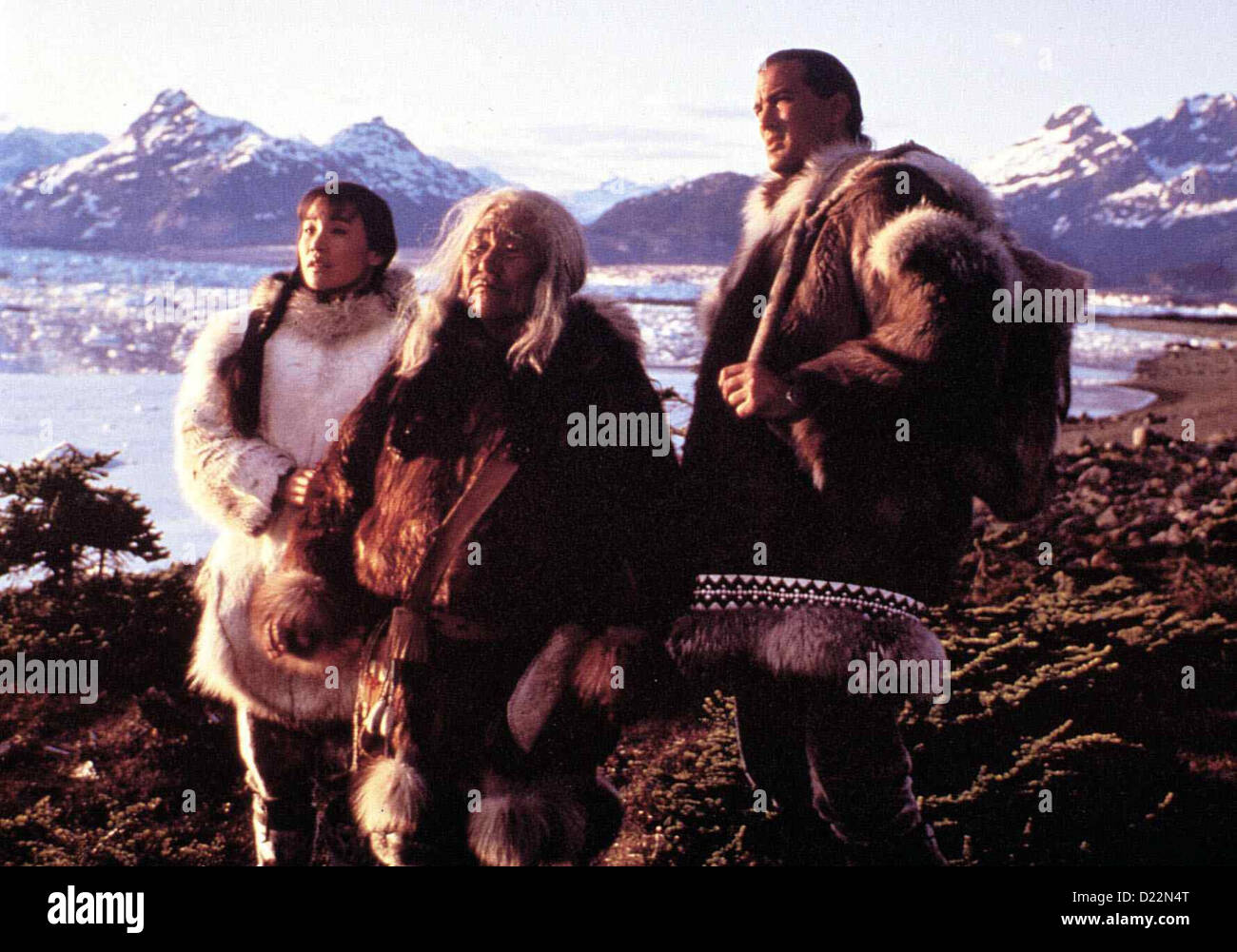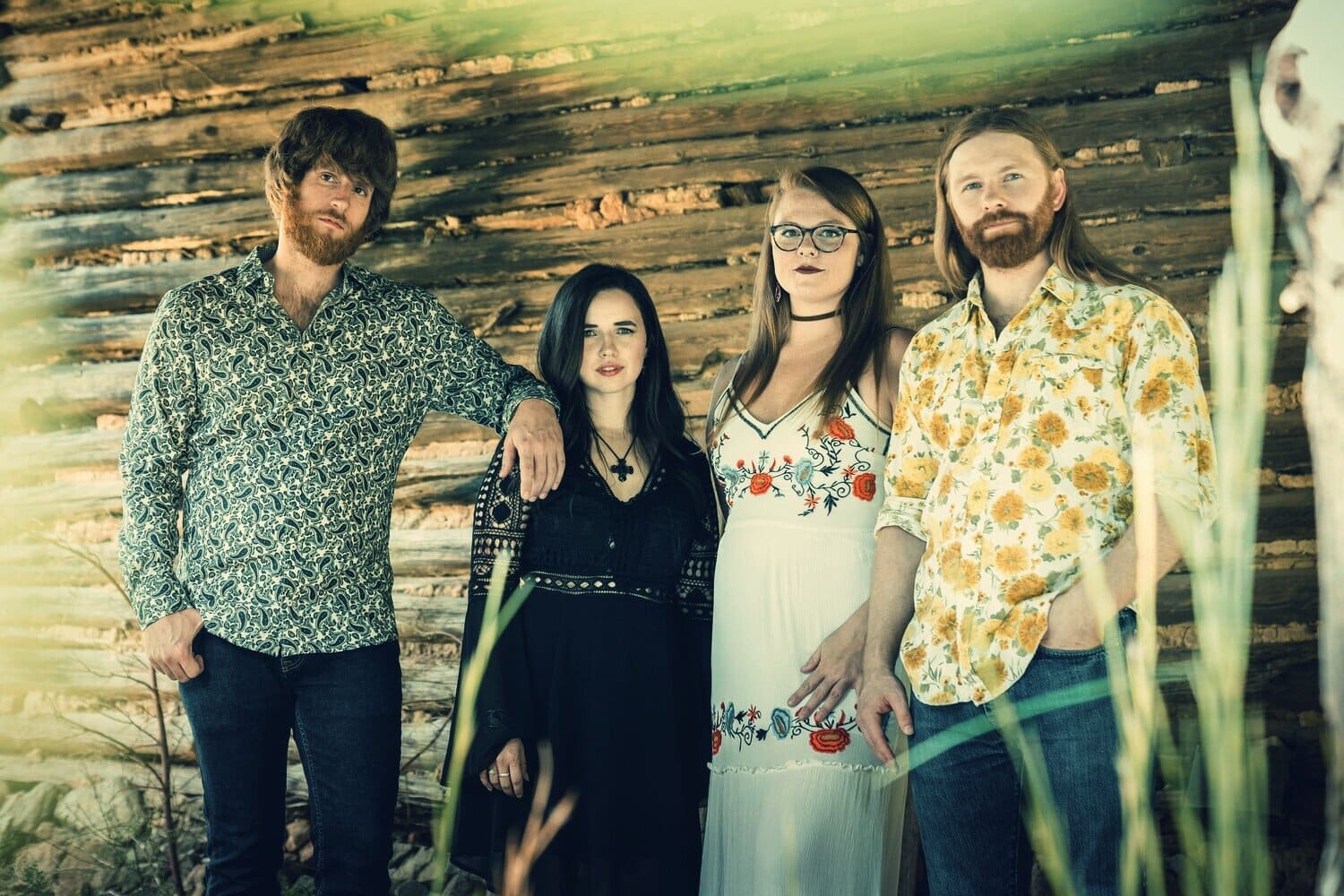
At University in the 1980’s a teacher, a man, told me that women weren’t concentrated enough for poetry. Wright (1953), to find that only 6 of the more than 90 poets included were women. Earlier this week I opened The Faber Book of C20 Verse, edited by J.Heath-Stubbs and D. That’s an easy sentence to write in 2018 but it might have been nearly impossibly fifty years ago in the year of the world’s youth revolution, 1968. The article concludes with the assertion that Barfoot's novel is best regarded as a feminist quest, much like Margaret Atwood's canonical novel, Surfacing.Sometime in the late seventies I bought an anthology of women’s poetry, The World Split Open, edited by Louise Bernikow, published by The Women’s Press. The article identifies and analyzes the many instances of subversion in the narrative, demonstrating how narrative devices such as temporal dislocation, hypodiegesis, recurrent imagery, and lexical cohesion serve to characterize the narrator's journey as a courageous quest after self-actualization. The author of the article maintains that Gaining Ground deserves much greater critical acclaim.

In its depiction of a disassociated, perhaps even rebarbative female narrator, in a narrative described in one contemporary review as "an expression of selfishness in women's libration," the novel incurred, and still incurs, antipathetic responses, which, the article, argues, have tended to deflect from its undoubted stylistic merits.

It initially considers some of the reasons why Joan Barfoot's Gaining Ground, published in 1978, has attracted scant academic attention, suggesting that it suffered from the feminist backlash prevalent in the late seventies in North America.


This article explores, from a feminist perspective, a critically neglected work of Canadian fiction, drawing from the disciplines of narratology and literary linguistics in its argument.


 0 kommentar(er)
0 kommentar(er)
